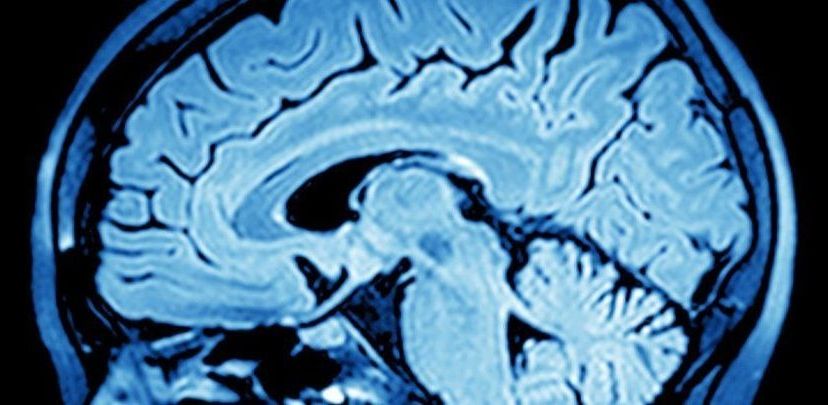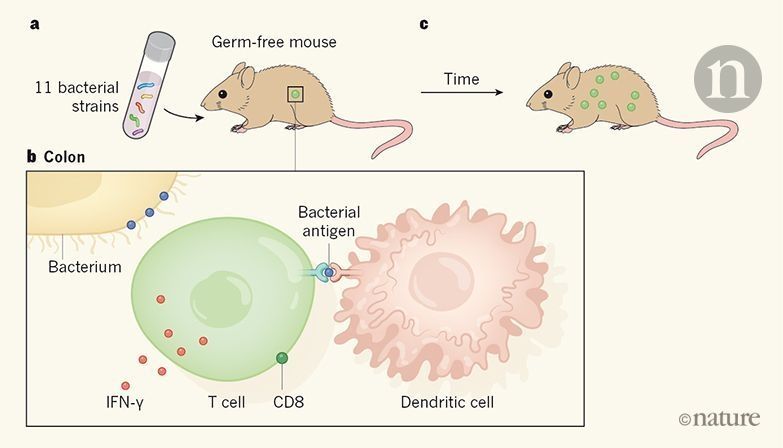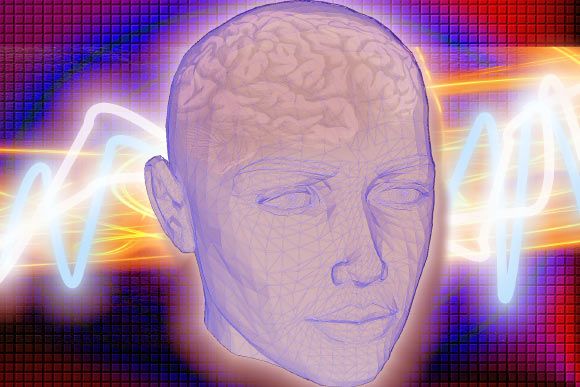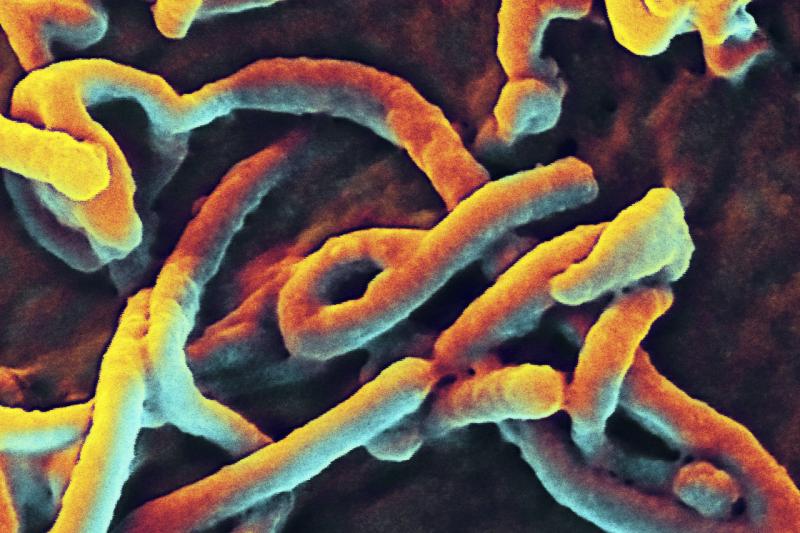Welcome to the future.
In the first experiment of its kind, scientists have been able to translate brain signals directly into intelligible speech. It may sound like wild science fiction at first, but this feat could actually help some people with speech issues.
And yes, we could also get some futuristic computer interfaces out of this.
Key to the system is an artificial intelligence algorithm that matches what the subject is hearing with patterns of electrical activity, and then turns them into speech that actually makes sense to the listener.








